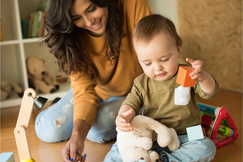School is taking a break - learning is not
What you can take with you for the summer holidays
Lifelong learning has been a concept for decades, and it is one that has been taken up time and again in politics or at a convivial kitchen table discussion. Perhaps it is because "lifelong learning" is supposed to mean something different from every perspective.
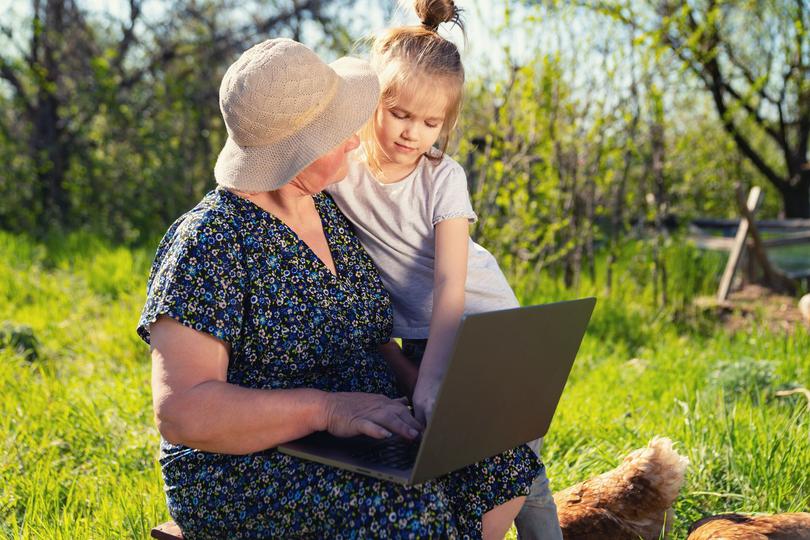
This popular vision of education was born sometime in the 1960s and has had a career ever since. All the major organisations with capital letters in their names (UN, OECD, UNESCO, EU) have developed their theories on the subject. But the real excitement comes during the holidays, when school lessons take a break.
We make decisions every day
On Wikipedia it says today: "On the basis of individual self-determination to enable the optimal personal mastery of all life's challenges This means that all people should be able to make independent decisions (they say). A building block of our democracy.
Thanks to this attitude, each individual is able to not only keep shopping in the supermarket or obey rules in a dull manner - but also to represent their own limits. We are encouraged to stand up for what we really want and need. It's perfectly okay that people not only have to learn about their own needs every day - but also to get to know those of their fellow human beings step by step.
Living together as an organism
Our living together is an organism and not an organigram. We all react to each other and learn from the experiences we have every day. With this idea of learning it does not matter what advantages some people have over others. Yes, some are perhaps more athletic - others are particularly good at arithmetic. This makes them just as much a member of our society as those people who have their strengths elsewhere - or those who are a little better at dealing with physical impairments every day.
The Berlin pedagogue and former secondary school teacher Maike Plath warns against forgetting the idea of the organism. Single-track structures and exclusive groups ensure that at some point the few are allowed to decide over the others: "History does not repeat itself. But the patterns in people's minds do repeat themselves. We all know that! If we don't work on inner patterns consciously, we eventually repress them and they develop power in a place where we don't want them
Lifelong learning is actually not complicated
Since the advent of "lifelong learning", states have been working to make democratic education possible in schools. But does this really work with the help of official catalogues of rules?
In Baden-Württemberg, for example, the Ministry of Education has been trying for decades to focus education in its schools more on the personality of young people and less on the learning material they can still recite by heart after graduation. The Education plans since 2004 should teach "competencies" and no longer just "school knowledge". 12 years later, the country introduced certain "attitudes" for its teachers and in 2019 the accompanying Guide to "Democratic Education" was published. ("attitudes" for his teachers).
In the safe space of democracy, everyone is allowed to make mistakes
Quite a lot of specifications for the teaching profession. There is definitely a lot to do wrong. Maike Plath has therefore meanwhile developed a more concrete system for democratic school teaching (Befreien euch!, 2017). It's actually quite simple: the teacher is primarily concerned with creating a democratic space in the classroom, "which allows everyone to relate to each other and to the material".
No matter what a lesson is about, the pupils should find their own way to deal with it. The teacher sets the framework and ensures that all those involved work together with dignity. And sometimes things can go wrong. Chaos, confusion, excessive demands are part of it! Because "'mistakes' are creative and obstinate detours that increase the knowledge of the place".
Especially now during the summer holidays we practice lifelong learning in our democratic environment. Every day we build a protected space where we can meet with dignity. At eye level - like among friends. Because we respect each other's boundaries, we also learn about our own.
How we master challenges and take leadership
With "democratic leadership", lifelong learning is already included. For teachers also learn consciously from the situation in the room by making mistakes. Our democracy is just as imperfect - but we are working on it and getting a little better every day. So that at some point the pupils no longer need the teacher's advice in every situation, but can decide for themselves what would be right now.
For there is no "rule knowledge" and no one is omniscient. So we do not learn a little bit more by heart every day, but we learn to master challenges and to take leadership for ourselves and others.
If we dare. Always a little bit more. A whole life long.
Published on
Topics
Articles on the topic
-
How do I find a school place for my child?
Depending on the state and type of school, different things need to be...

-
Childcare - how does it work in Germany?
The path from application to daycare place is simple and complicated at...
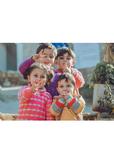
-
You don't have to be a read-aloud king or queen, but..
Reading adventures with your child are not to be missed!
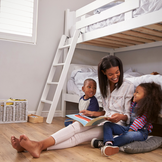
-
Corona - and then what?
How you can support your teenager with fear of the future
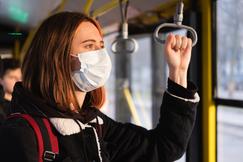
-
Good night, clichés!
"modern" books for children and young people
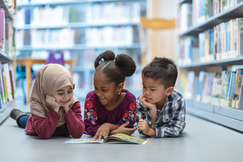
-
From infant to toddler
Short years full of milestones
